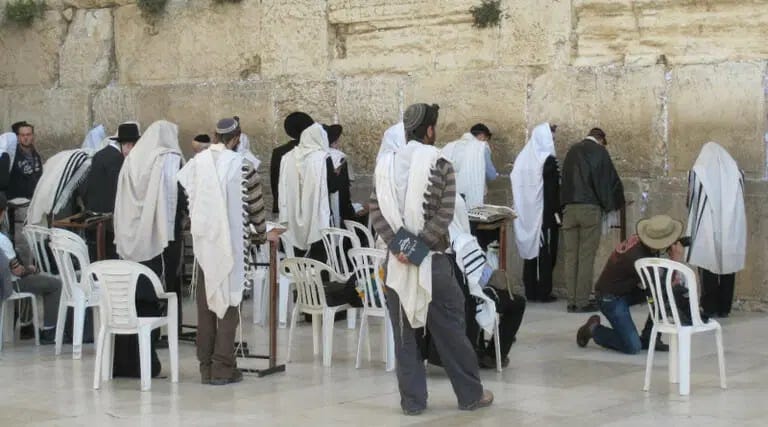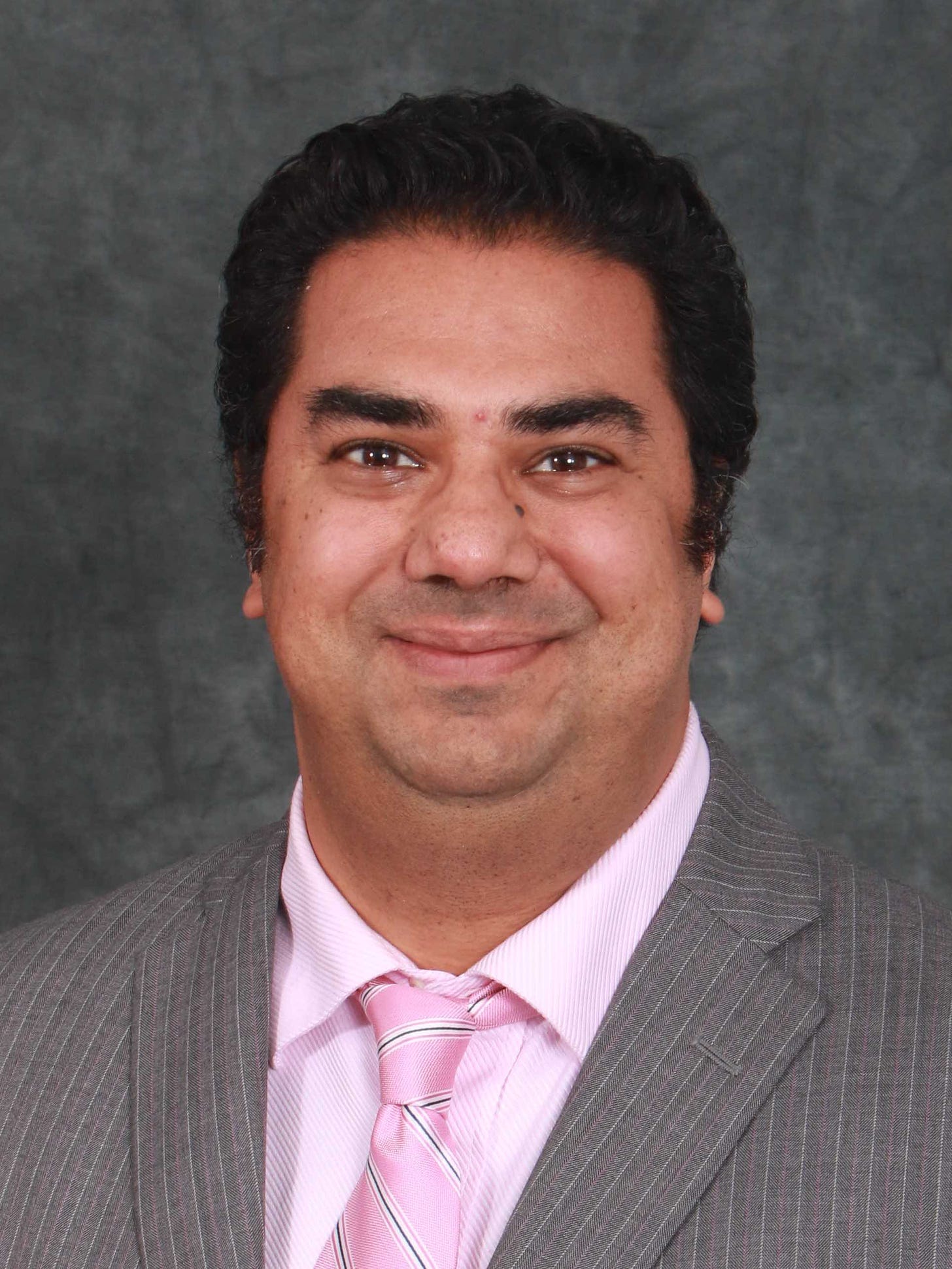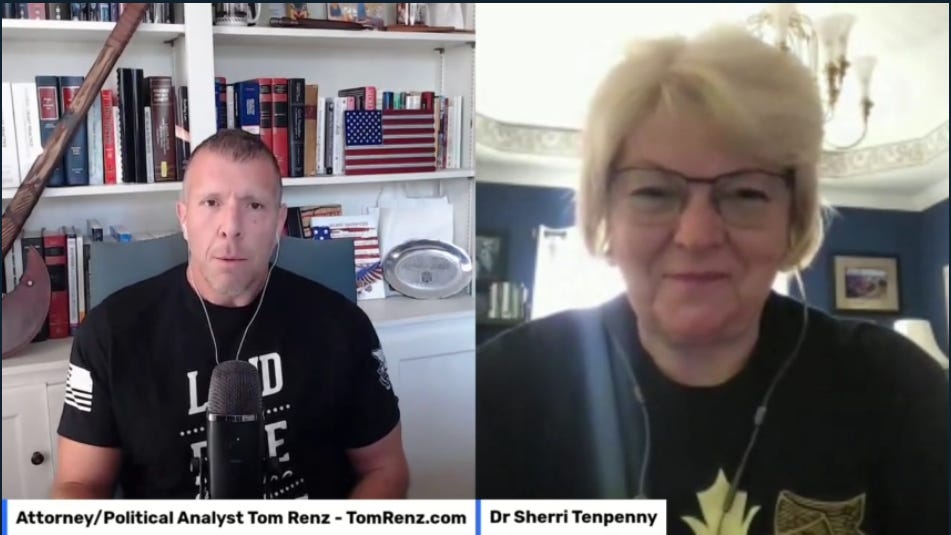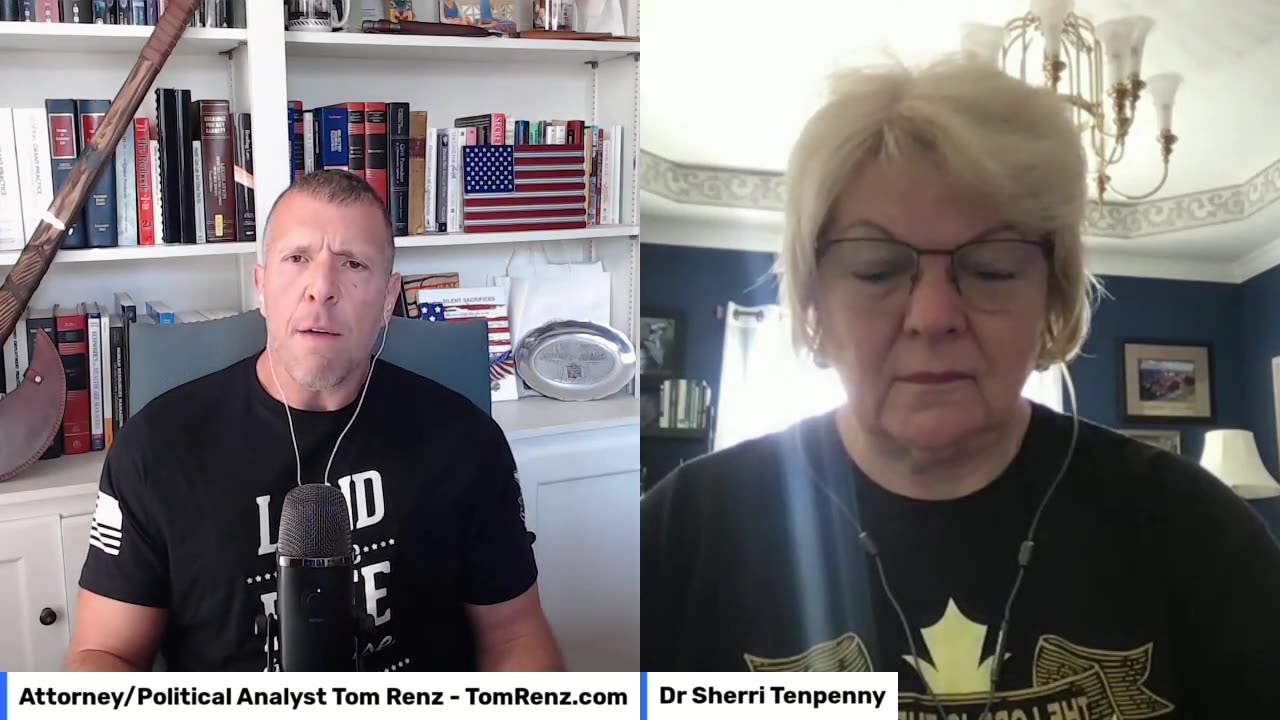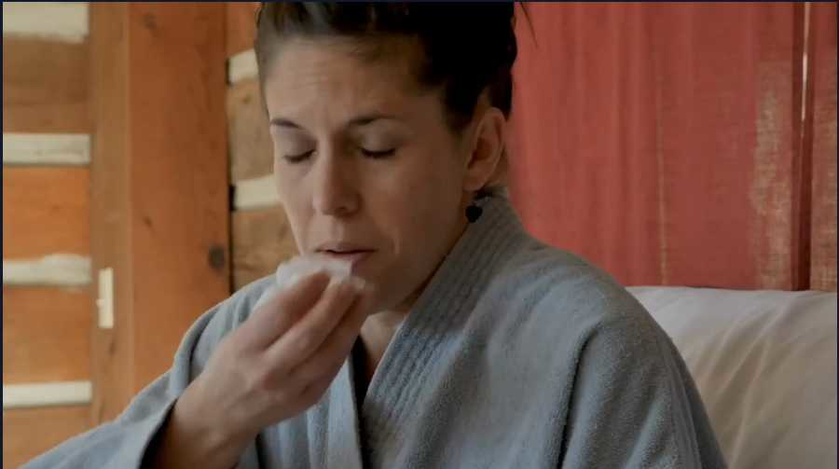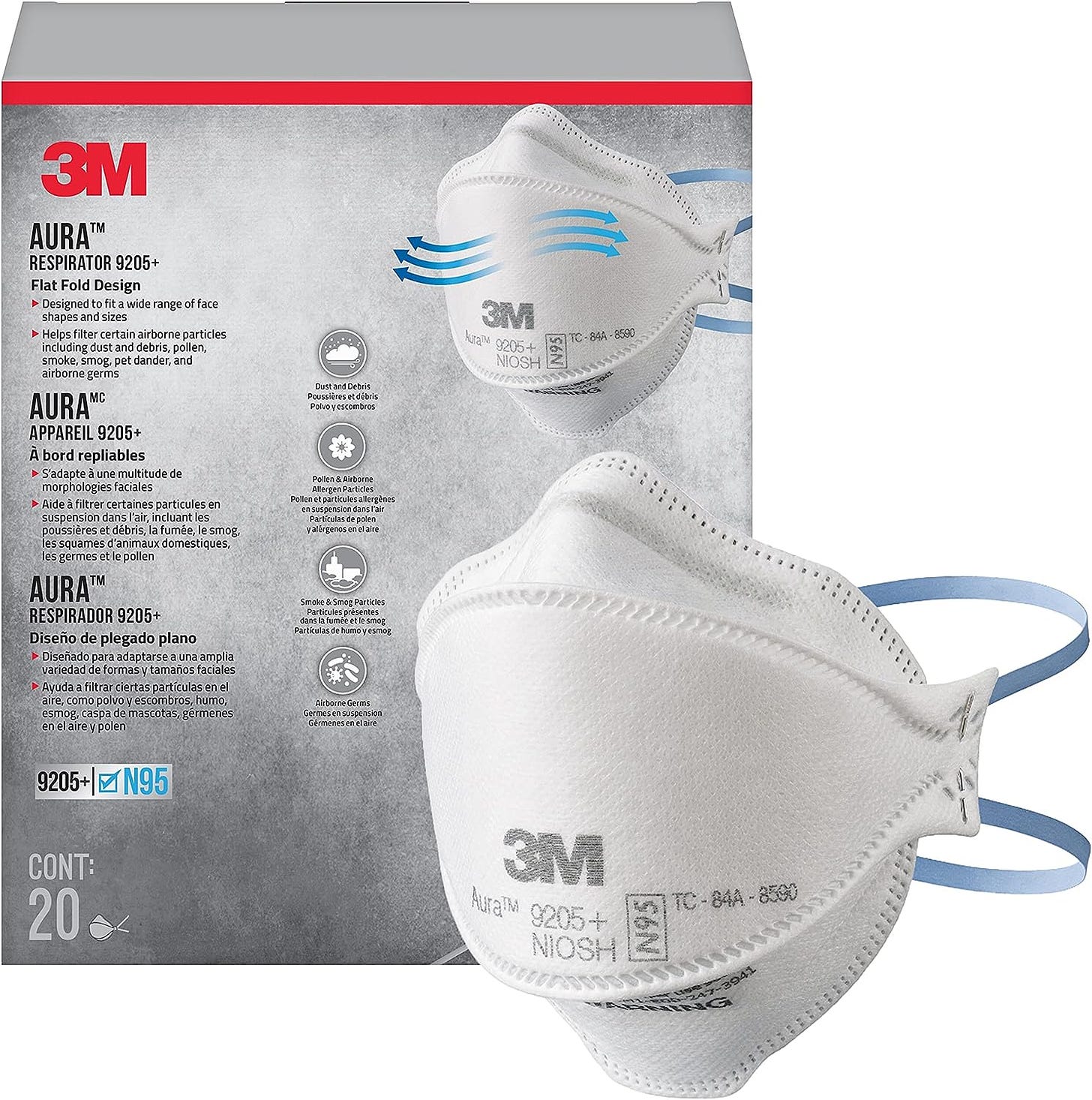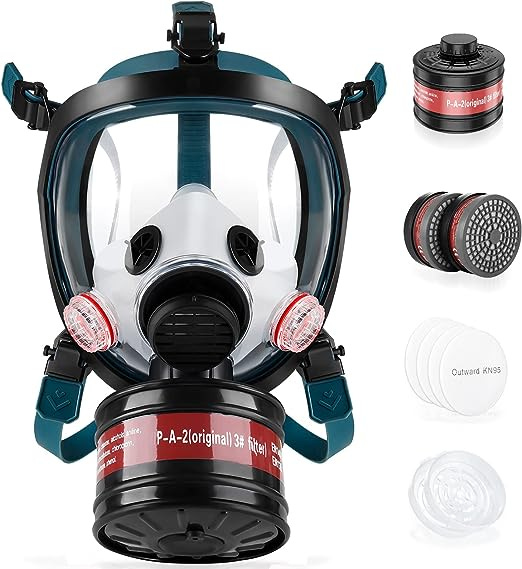HOW TO GET INVOLVED IN YOUR LOCAL GOVERNMENT
==============================================
SRC: 17TH Special Operation Group Notes (https://substack.com/profile/98697204-17th-special-operation-group/note/c-15870129) (substack)
Here are some steps to help you learn your local government.
Step 1. Use this link to find your State constitution; law.cornell.edu/states/listing
Step 2. Explore your constitution. I recommend focusing on local Government. Explore how your counties municipalities, cities, townships are structured and set up.
Step 3. Explore your election laws. On the state level first. You can also use this link if you want to go right to your elections. This link is all the statutes by topic. law.cornell.edu/wex/state_statutes
Step 4. Find your local government website. You want to explore this website as well. You want to find where your statutes, codes and charters are located. You want to find out if your town or city or municipality or county has a charter. A charter is much like a constitution but for that local government. If you can’t find your charter, most likely it doesn’t have one. If that’s the case, then you want to go to your municipal code, or in some cases, statutes for that local government.
Step 5. Start comparing your local government to your state requirements. As an example you can use elections. Does your local elections match the way the state requires your elections to be ran. Or, what other rules or laws are in place for your local government that is not in the state governments requirements. Sometimes your local government will have different rules for elections. You want to learn these. You want to learn the positions, roles and responsibilities, commissions, boards, and anything else that has an elected position. You also want to find out all your appointed positions.
All of this at the very least needs to be identified. We need to identify all this in order to know and understand where we can make any type of change that we may need. And knowing these positions will help us understand how we can enforce accountability.
Here in the near future when we all start understanding our local governments, we can start to discuss what I like to call weapons of political warfare. I don’t mean that in a violent way I mean that in a political way. There’s a lot of weapons that we can use as citizens. But we can’t use them if we don’t know where the battlefield is. Or we don’t know where the targets are.
\ end


